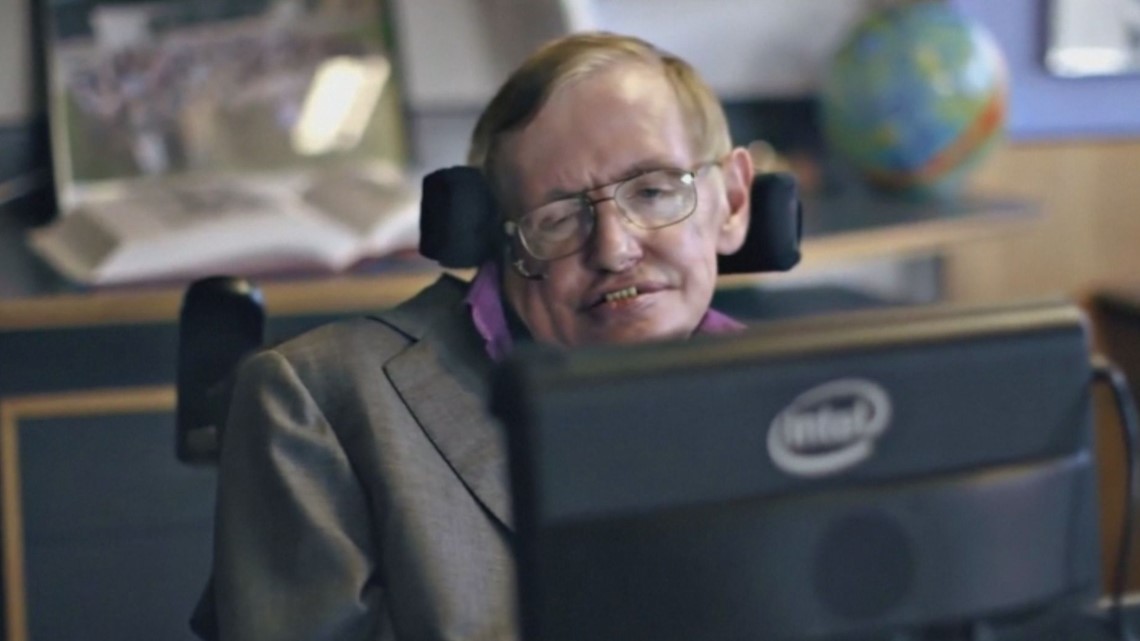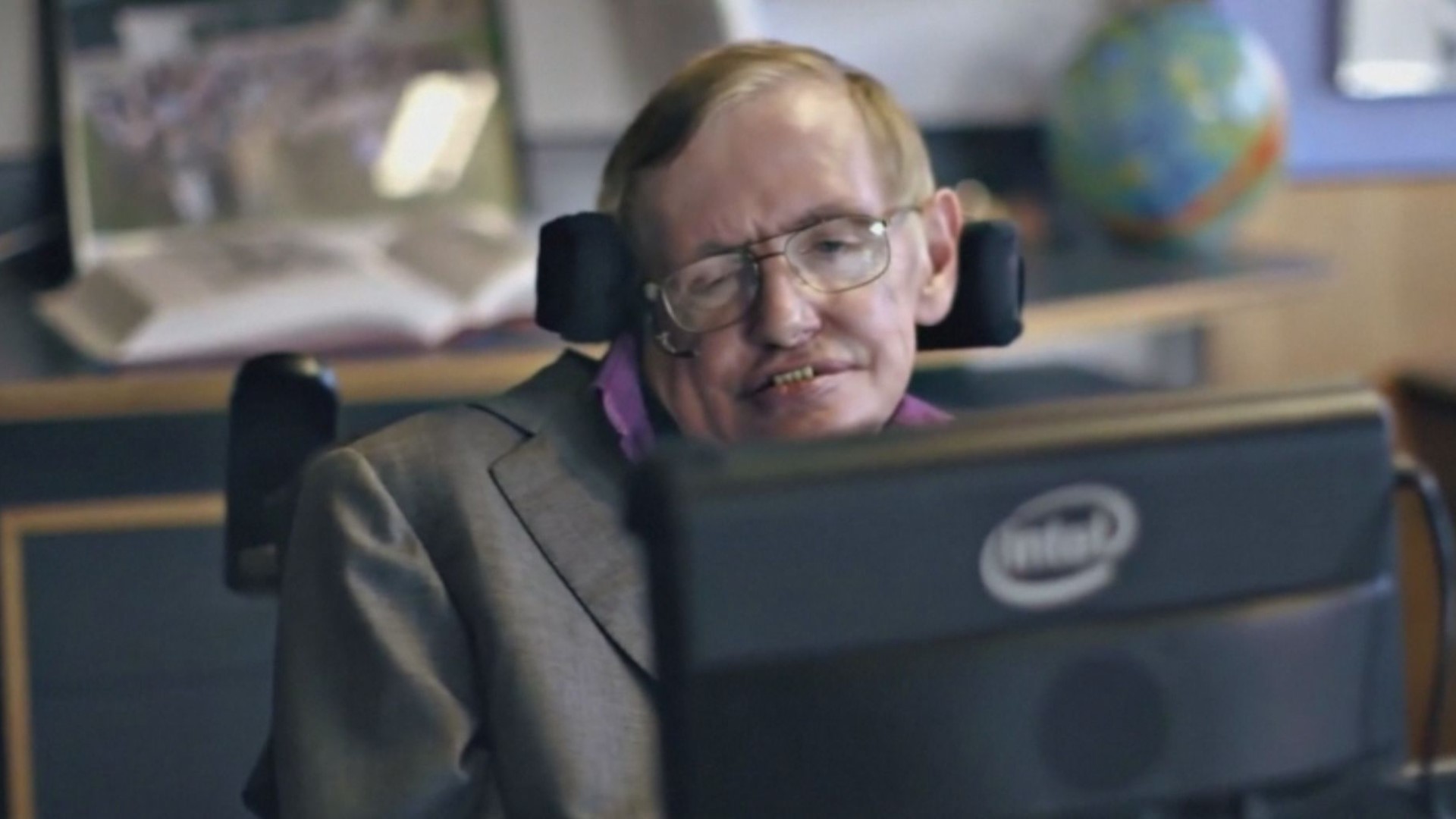GOLDEN, Colo. — Alex Flournoy, a professor at Colorado School of Mines, says he got into physics because of Stephen Hawking. To this day, Flournoy says his research is building on that legacy.
He says he got into physics because of Hawking and to this day his research is building on that legacy.
"Without Hawking's work there would be very little to the field I'm engaged in right now," Flournoy said.
He looks into the world of black holes for a living, writes complicated scientific notes and can't imagine doing all that with the physical limitations Hawking had.
"The problems that Stephen Hawking choose to work on were among the deepest, the most technical, the hardest problems in physics at the time," Flournoy says. "He tackled them with this serious physical impediment and he made a lot of progress."
The physical constraints of his chair didn't stop him from writing books and giving lectures. One of which, Alex was a part of.
"One person asked a question and then there was a defining silence for 5 minutes while he programmed an answer that was a relatively brief answer," explains Flournoy. "But it was really sticking to see the reality of how long it took him to communicate."
That's just one of the things Alex says made Stephen Hawking one of the best minds known to science.
"I would hope that anyone who looks at physics and thinks, 'oh, that’s too hard for me,' will remember the example of Stephen Hawking," Flournoy says. "Who not only approached physics but approached the hardest parts of physics and succeeded."
Hawking was diagnosed with ALS at the age of 21. Doctors only gave him two years to live but Hawking went on to have a lifetime of achievements that continue to make a difference today.



